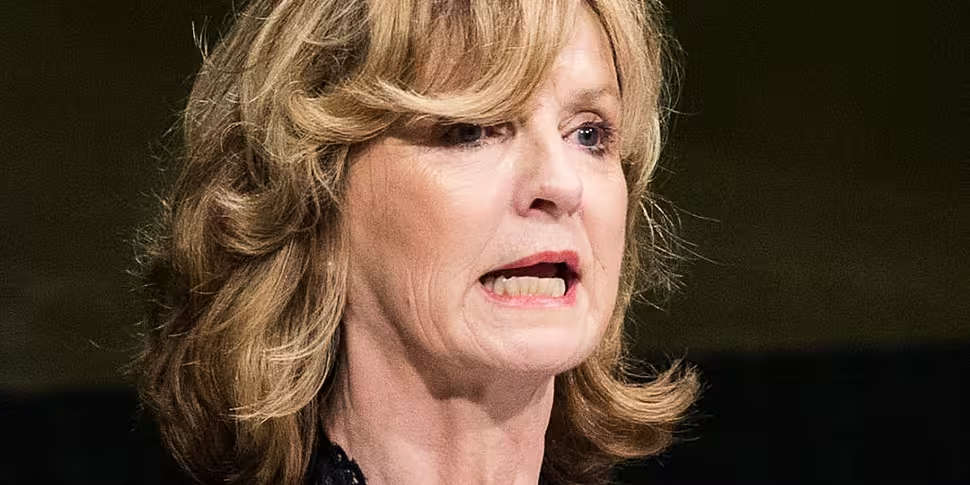Chernobyl Children International has criticised authorities in Russia for "secrecy", following a nuclear accident there earlier this month.
Initial reports said two people were killed and four injured after a rocket engine exploded during a test in the northern Arkhangelsk region.
It was the second explosion at a Russian military installation in a week, after a fire at an ammunition depot in Siberia which sent shrapnel into the air.
The Chernobyl Children International charity, set up by Adi Roche in the aftermath of the Chernobyl nuclear disaster, said it condemns the "culture of secrecy" around the incidents and that "lessons have not been learned from nuclear history".
The group said: "The world has watched with bated breath this week, after a nuclear accident in northern Russia's Arkhangelsk region has sparked growing concern about the impact on the environment and people's health, as the response has been laden with miscommunication and secrecy.
"Russia military officials issued conflicting reports this week about whether residents in areas near a mysterious nuclear explosion must evacuate, following the death of at least five people and the unexpected release of radiation into the environment, when a small nuclear reactor malfunctioned during a test of a missile."
The Environmental Protection Agency (EPA) said the explosion "had no impact on Ireland".
Last week's explosion near #Severodvinsk in Russia had no impact on Ireland but it gave us a good opportunity to test out our modelling capabilities. See what we get up to! #emergencypreparedness pic.twitter.com/rBRoQCKdjs
— EPA Radiation (@EPARadiation) August 15, 2019
But Ms Roche is calling on world leaders to formulate a comprehensive response.
She said: "Since the discovery of radioactive elements just over 100 years ago, mankind and our environment have too often been victims to the mishandling of the truth around nuclear failings, as the culture of secrecy around its impact has continued to increase
"Whether it was the fated 'Radium Girls' of the 1950s or the victims of Chernobyl in 1986, human kind has paid the highest nuclear price, and this week's unfolding developments have shown that we have not learned lessons from any of the mistakes of the past.
"When will we ever learn?
"The devastation caused by the world's worst nuclear accident in Chernobyl has been trivialised in recent weeks, as a spike in 'dark tourism' has seen an unprecedented increase of visitors to the worst affected regions of the Exclusion Zone, including the ghost-town of Pripyat.
"As well as this, scientists from the University of Portsmouth announced last week the brewing of 'Atomik' Vodka, which has been distilled from crops harvested in the unsafe exclusion zones of Chernobyl.
"Chernobyl is a stark reminder of the fragility of life on earth, and the increasingly prevailing cavalier attitude trivialises the loss and devastation caused by the accident.
"To frivolously allow tourists or companies into the zone for a photo opportunity or to cash-in is irresponsible, disrespectful and downright dangerous", Ms Roche added.









